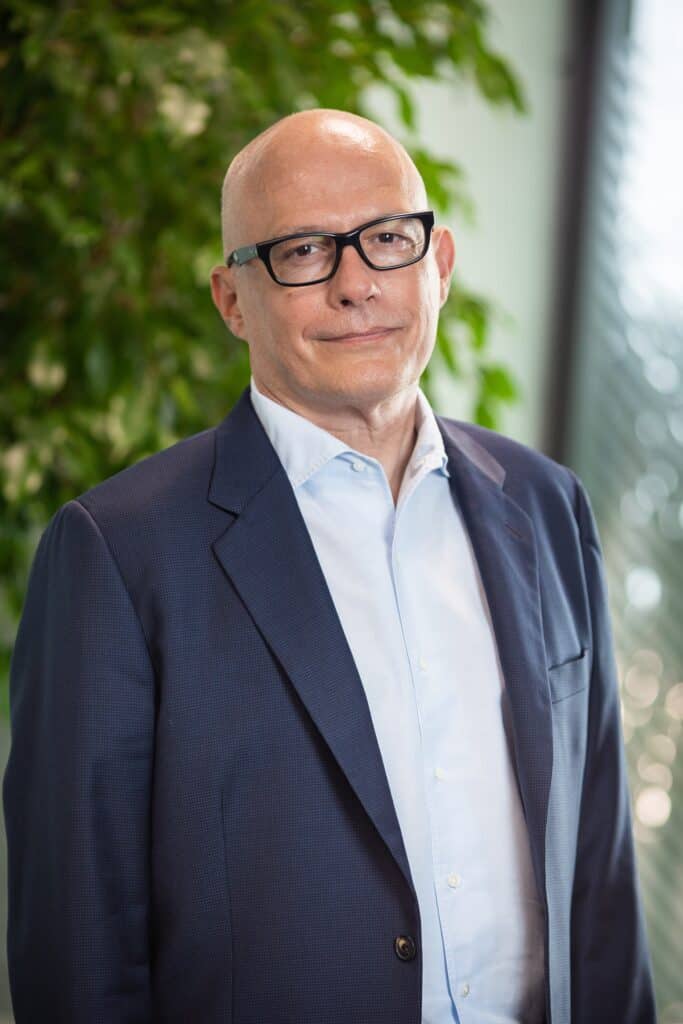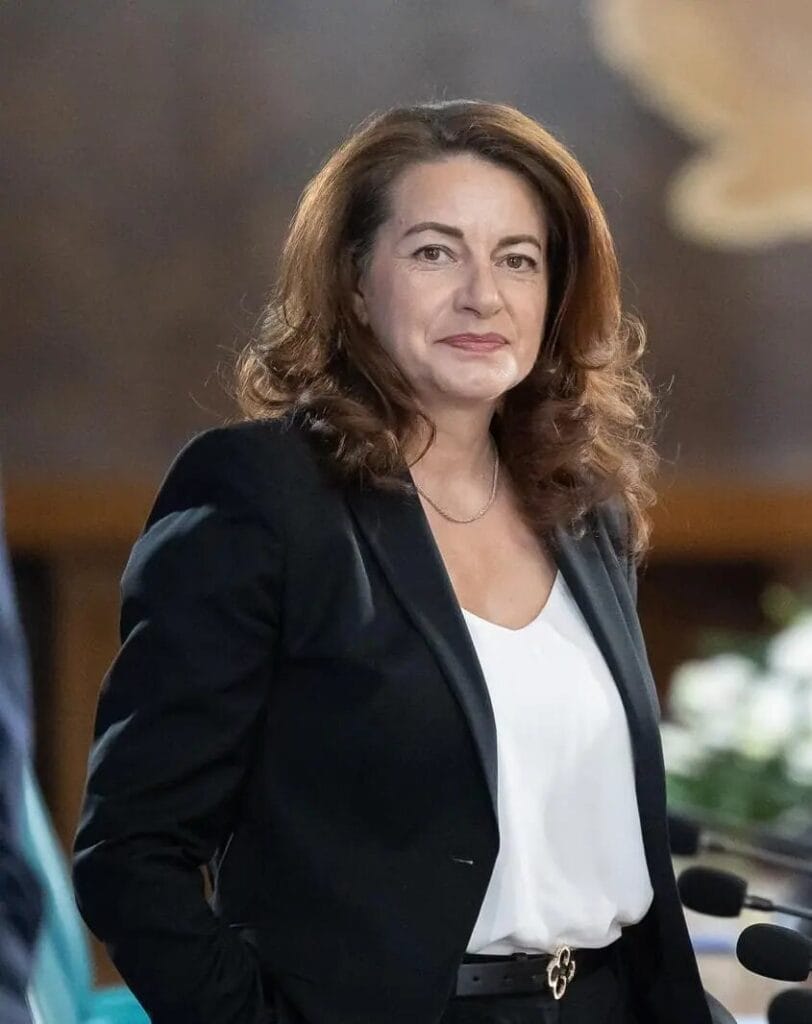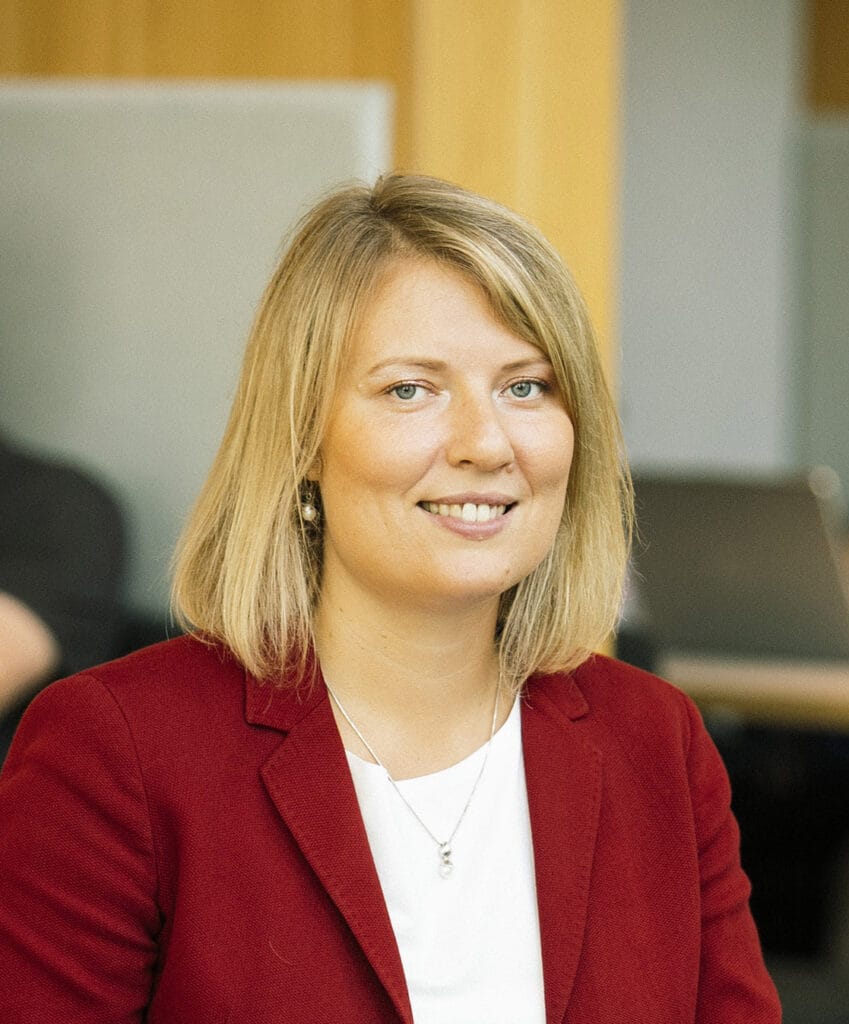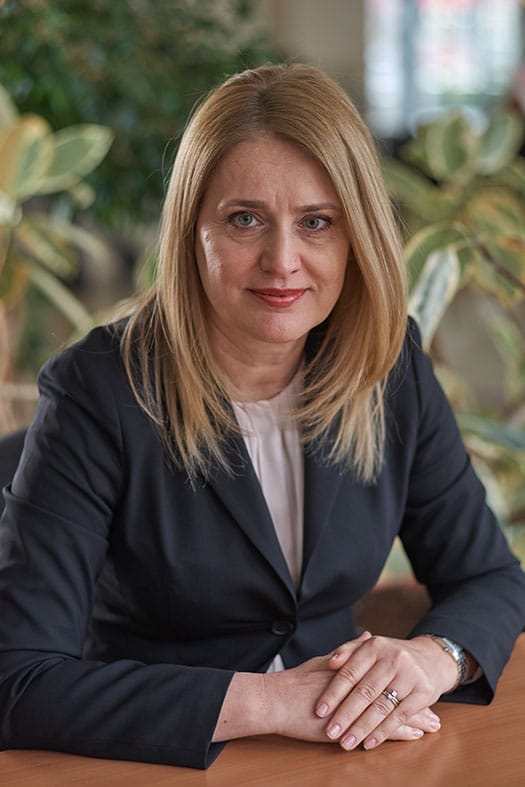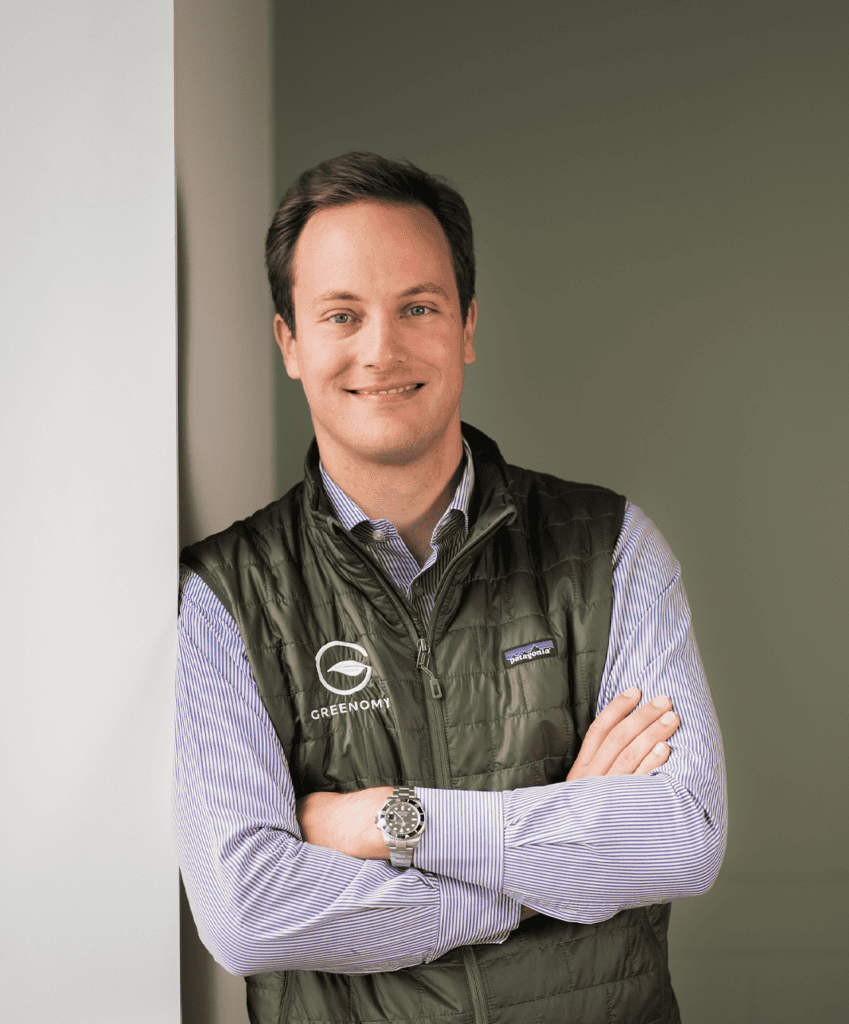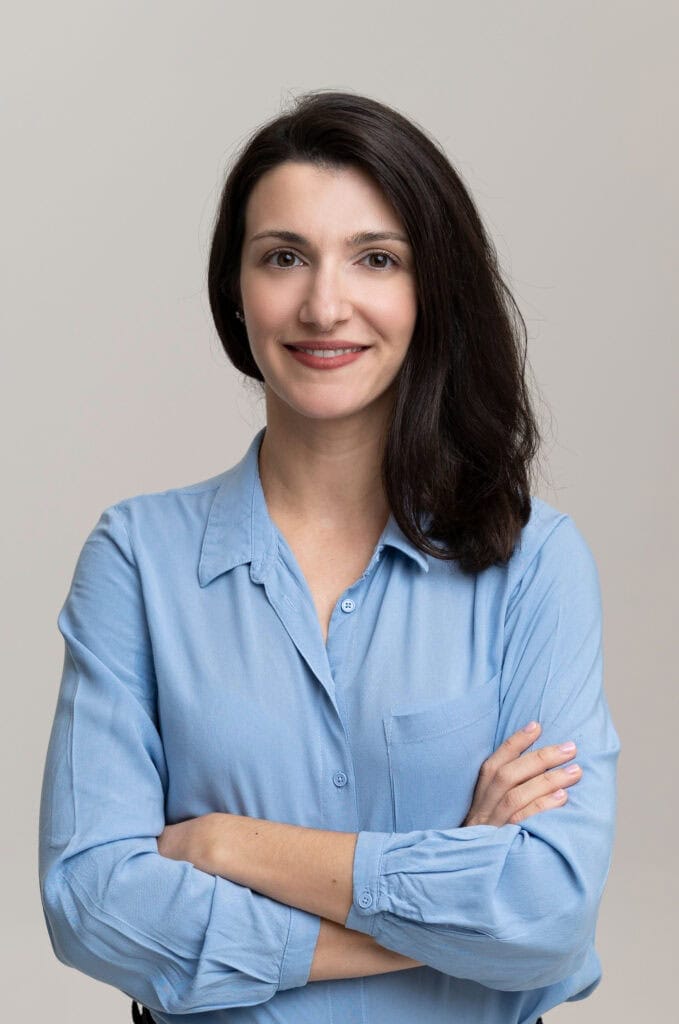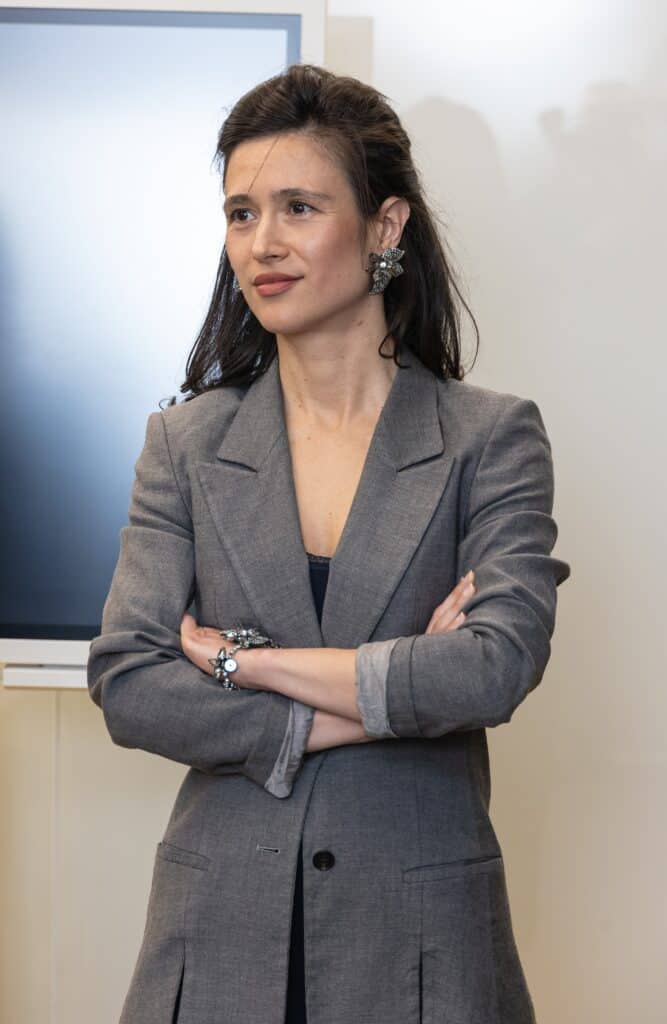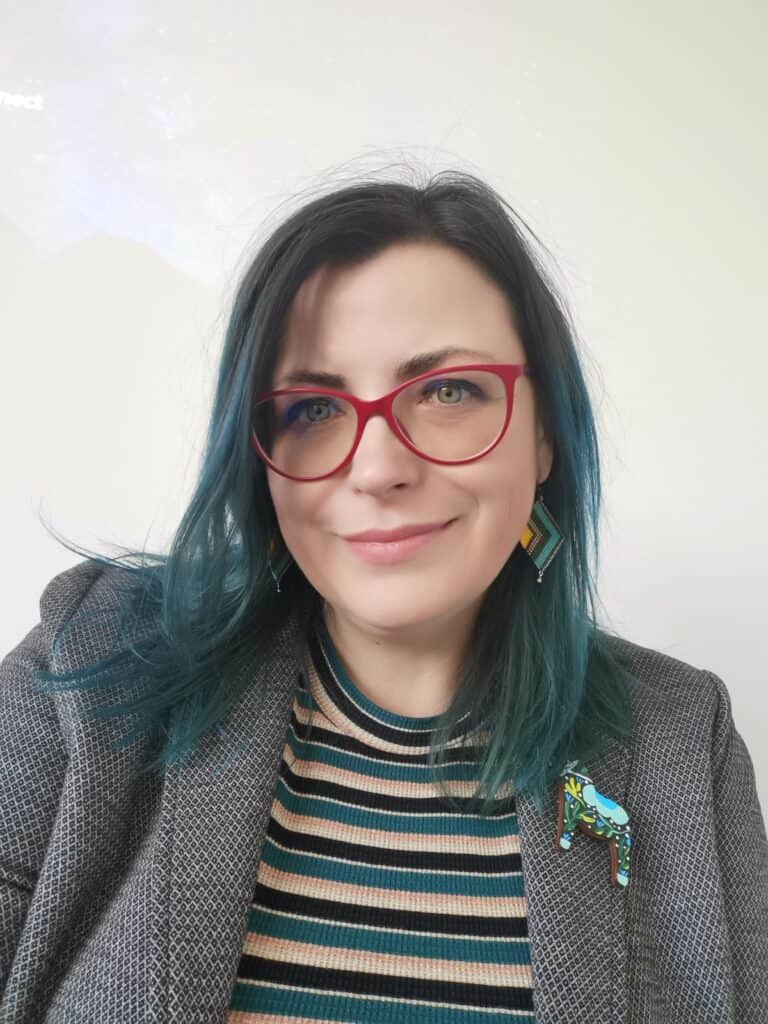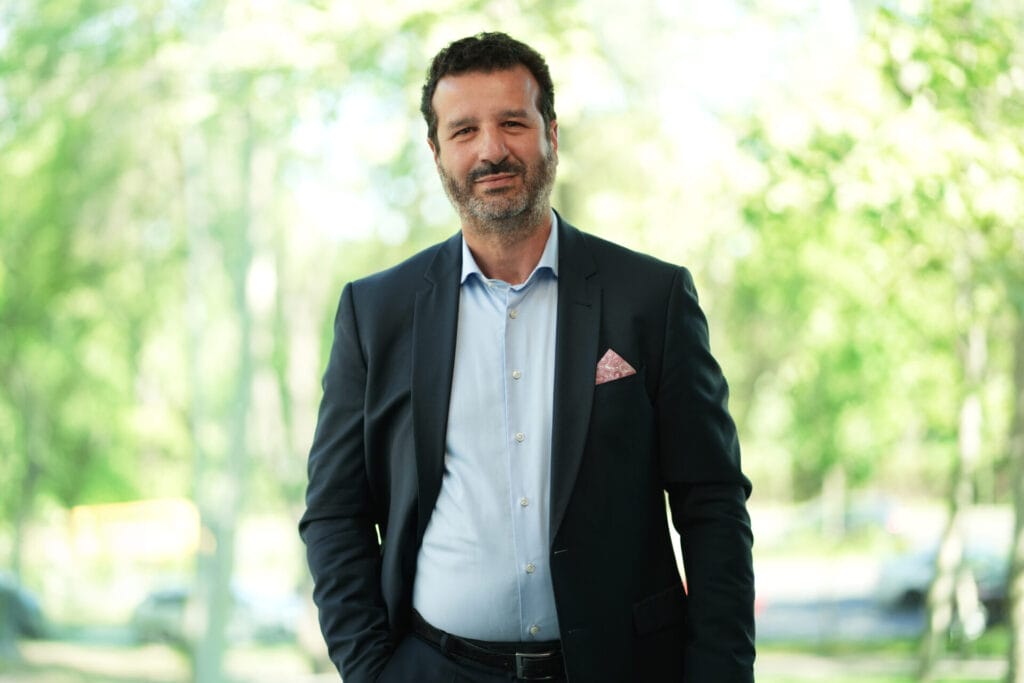According to EA Earth Action, 220 million tonnes of plastic waste will be generated globally this year alone, equivalent to the weight of 20,000 Eiffel Towers. In a world grappling with plastic pollution, Romania has taken a bold step forward with its nationwide Deposit-Return System (DRS), administered by RetuRO. This system pioneers a shift towards a circular economic model, incorporating recycling into the daily lives of millions and marking a significant milestone in the country’s environmental journey.
A Complex Initiative for a Circular Economy
Romania’s DRS is the world’s most extensive, fully integrated deposit-return system and the second largest after Germany. It brings together retailers, producers, authorities, and consumers with a shared goal of sustainability – to increase national recycling rates and reduce waste. The system collects non-reusable primary beverage packages made of glass, plastic, or metal, with volumes ranging from 0.1 to 3 litres.
Launched within a limited timeframe of no more than one year, the Romanian DRS had to overcome unique challenges that other countries, with 2-3 years of preparation, did not face. Despite these hurdles, RetuRO created a fully integrated system that aims to serve as a model for other nations contemplating similar initiatives. However, the success of the DRS depends not only on administrative efficiency but also on collaboration among all stakeholders and the active involvement of every citizen.
Lessons from the Frontlines: Adapting and Improving
The implementation of such a large-scale system inevitably comes with challenges. The time constraint was the first major hurdle, with a tight schedule for RetuRO to develop the architecture, find suitable suppliers, secure funding, and establish the infrastructure. This pressure environment pushed RetuRO to adapt quickly and innovate on the fly. One key lesson was the importance of flexibility for ongoing improvement. As Gemma Webb, CEO and President of RetuRO’s Board of Directors, notes: “We constantly collect feedback from all the actors involved in this journey so we can continue to improve the whole system.”
Another crucial lesson has been the importance of public engagement and education. The system calls for a fundamental shift in how Romanians consume and manage resources, encouraging everyone to become more responsible daily. In this way, the DRS is more than just asystem facilitating the collection of certain types of packaging, keeping them out of nature or landfill; it’s a catalyst for broader societal change towards sustainability. With 98% of Romanians now aware of the DRS and 4 out of 5 having returned DRS packages at least once, it’s clear that robust communication strategies have been vital to the program’s success.
Key Achievements in the First Nine Months
Despite the challenges, the DRS program achieved significant milestones:
- Consumers returned over 1.8 billion containers between December 2023 and August 2024, showcasing the program’s rapid adoption and effectiveness.
- RetuRO had handed over more than 104.755 tons of packaging to recyclers by August 2024.
- Environmentally, this has a positive impact, with a noticeable decrease in packaging litter on streets and waterways, contributing to a cleaner Romania.
- 75.000 retailers are registered in the DRS, with half having already signed contracts with RetuRO to set up collection points.
- Rapid operation and logistics development: over 1,000 vehicles make 2,000 daily trips to collect packages returned at the collection points nationwide; RetuRO has opened 6 counting and sorting centres across the country, with four more planned in the upcoming months.
- High public awareness and engagement: 98% of Romanians are familiar with the Deposit Return System, while 4 out of 5 consumers have returned DRS packages at least once (Kantar study, June 2024).
These achievements are inspiring, given Romania’s starting point. According to Eurostat, Romania previously had one of the lowest selective collection rates in the European Union, at 14%.
Conclusion: A Hopeful Future
As Romania continues its journey towards sustainability, the RetuRO-managed DRS stands as an inspiring example of what can be achieved through committed action, collaboration, adaptive management, and public engagement. While challenges remain, the progress made in just nine months offers hope for Romania and other countries looking to implement similar systems and reach their climate change targets. The message is clear: with determination and the right approach, significant positive change is possible in the fight against plastic pollution and waste.
Curated by RetuRO.


